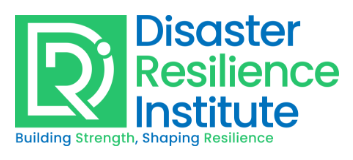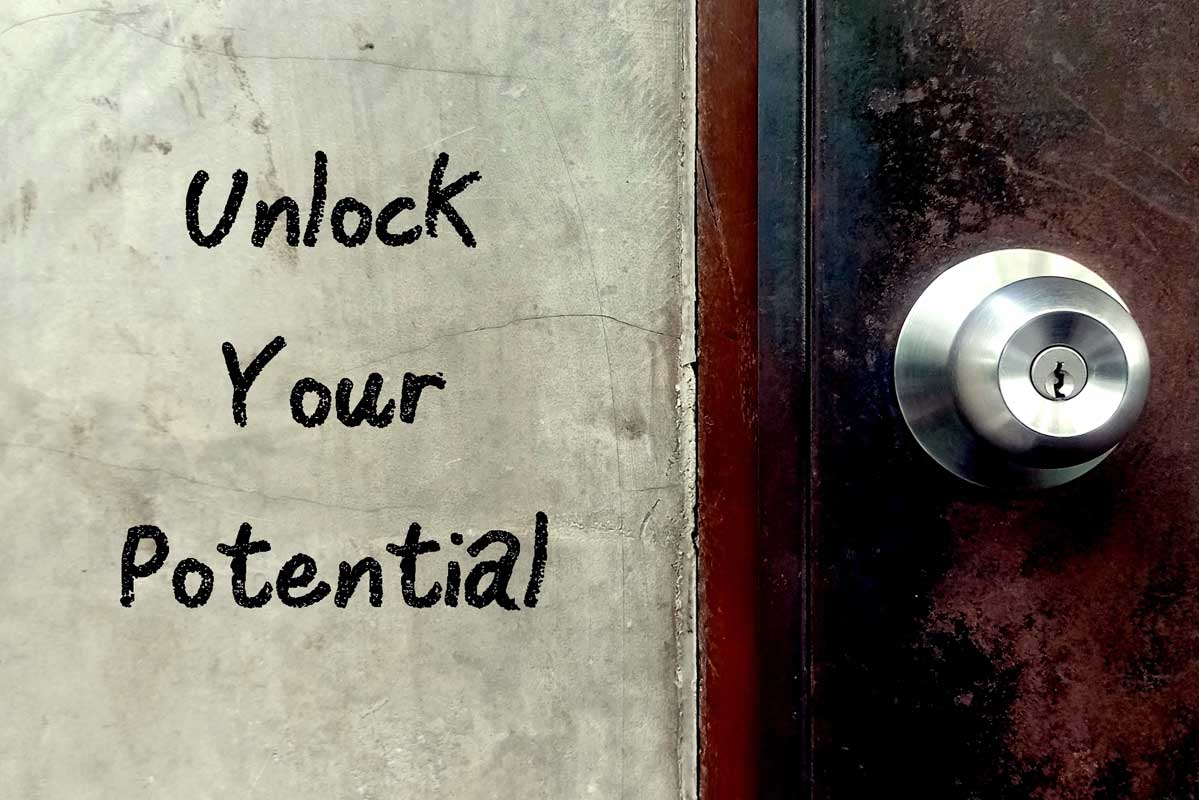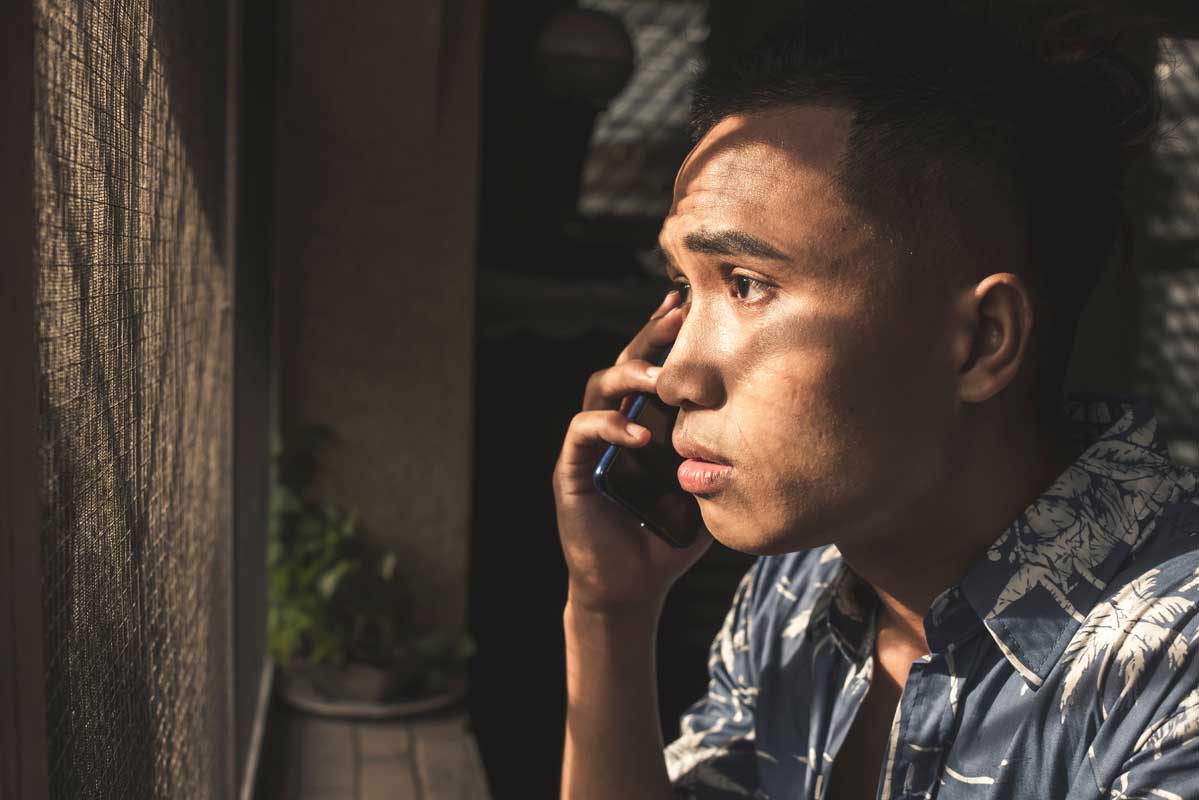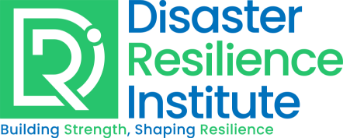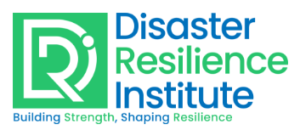Participants will learn about the core principles and practices of NVOAD, which include coordination, communication, cooperation, and collaboration among different disaster response organizations. Through a combination of theoretical learning, case studies, and practical exercises, faith leaders will develop a deep understanding of the unique spiritual needs that arise during disasters. They will explore effective strategies for providing emotional and spiritual support to survivors, including active listening, empathy, and fostering a sense of hope and healing. Additionally, the class will delve into the ethical considerations and challenges that faith leaders may encounter in disaster situations. Participants will learn how to navigate cultural and religious diversity, maintain confidentiality, and respect personal boundaries while offering spiritual care. By the end of the class, faith leaders will gain the confidence and skills necessary to provide spiritual care in crisis situations, incorporating the principles and practices of NVOAD. This training aims to empower faith leaders to effectively support individuals and communities, fostering resilience, hope, and healing in the face of adversity. Recommended length: One 3 hour class.
They will explore various self-care practices, such as mindfulness, stress management, emotional regulation, and boundary setting, which are essential for maintaining personal resilience and preventing burnout. The course will also delve into the unique challenges and stressors faced by faith leaders in disaster situations, including providing support to individuals experiencing trauma, managing their own emotions, and balancing multiple responsibilities. Participants will develop strategies to effectively cope with these challenges, fostering their own resilience and ability to provide compassionate care. Moreover, the course encourages peer support and community-building among faith leaders, recognizing the power of connection and collaboration in promoting well-being. Participants will have the opportunity to share experiences, discuss common challenges, and learn from each other’s wisdom and insights. By the end of the course, faith leaders will have gained valuable self-care strategies and tools that they can integrate into their personal and professional lives. With a focus on putting their own well-being first, they will be better equipped to provide sustained support, guidance, and care to their communities during times of disaster, ultimately promoting resilience and healing. Recommended length: One two hour class.
Through a combination of interactive discussions, experiential activities, and case studies, volunteers will gain a deeper understanding of their own emotional responses and learn how to effectively manage them in high-stress situations. They will explore topics such as self-awareness, self-compassion, setting boundaries, and practicing self-care in order to prevent burnout and maintain sustainable engagement. The course also emphasizes the importance of peer support and community-building among volunteers. Participants will have opportunities to connect with fellow volunteers, share experiences, and learn from one another’s insights and perspectives. This collaborative environment fosters a sense of camaraderie and support, further enhancing emotional resilience. Additionally, the course addresses the unique challenges and ethical considerations that may arise in disaster volunteering, including interacting with individuals experiencing trauma, maintaining confidentiality, and navigating complex emotions. Volunteers will be equipped with practical skills and knowledge to handle these challenges with empathy, professionalism, and resilience. By the end of the course, volunteers will have gained a toolkit of emotional resilience strategies and resources that they can apply in their disaster response work. They will feel better prepared to navigate the emotional complexities of their roles, bounce back from setbacks, and continue making a positive impact in the lives of those affected by disasters. Recommended length: One three hour class.
The class also emphasizes the significance of spirituality as a source of strength and healing in disaster situations. Participants will explore various spiritual practices, rituals, and belief systems that can provide solace, hope, and meaning amidst adversity. They will learn how to integrate spirituality into their personal resilience toolkit and recognize its role in supporting themselves and others during challenging times. Furthermore, the class addresses the importance of physical well-being and self-care in maintaining resilience. Participants will learn strategies for managing stress, practicing self-care, and maintaining physical health while working in high-pressure disaster environments. They will explore the connection between physical well-being and emotional and spiritual resilience, recognizing the impact of self-care on their ability to cope and thrive. Throughout the class, participants will engage in discussions, group activities, and self-reflection to deepen their understanding of the triad of emotions, spirituality, and physicality. They will have opportunities to share experiences, learn from one another, and develop a supportive network of peers. By the end of the class, participants will have gained practical tools and strategies to master the triad of emotions, spirituality, and physicality in times of disaster. They will be better equipped to navigate their emotions, draw on their spirituality for strength and healing, and prioritize self-care for sustained resilience. Ultimately, this class aims to empower individuals to thrive amidst adversity and support others in their resilience journey. Recommended length: One three hour class.
They will learn strategies to manage stress, build emotional intelligence, and cultivate a resilient mindset that enables them to adapt and overcome obstacles. The course also covers practical skills and knowledge necessary for disaster preparedness and response. Participants will learn about emergency planning, risk assessment, and effective communication strategies for coordinating with stakeholders and communities. They will gain insights into the importance of teamwork, collaboration, and community engagement in disaster situations. Furthermore, the course addresses the psychosocial aspects of disasters, emphasizing the importance of self-care and supporting others. Participants will explore techniques for self-regulation, emotional support, and psychological first aid to promote well-being and resilience for themselves and those affected by disasters. By the end of the course, participants will have a comprehensive understanding of resilience and will be ready to face challenges with confidence and preparedness. They will be equipped with practical skills, knowledge, and tools to effectively navigate the complexities of disaster situations, promote personal and community resilience, and contribute to the overall recovery and well-being of affected populations. Recommended length: Two 3 hour sessions.
The class will explore strategies for harnessing the inherent strength and resilience within individuals to overcome adversity. Students will learn practical techniques for managing stress, building emotional resilience, and maintaining a positive outlook in the face of challenges. Additionally, the class will delve into the power of community support and collaboration, emphasizing the importance of social connection and mutual aid during times of disaster. Throughout the class, students will examine case studies, engage in reflective exercises, and participate in group discussions to deepen their understanding of personal growth and resilience-building in the context of disasters. By the end of the course, students will have developed a toolkit of practical skills and strategies to navigate through difficult times, empowering them to rise above adversity and thrive in the face of disaster. “Rising Above: Harnessing the Power Within in Times of Disaster” is designed for individuals seeking to enhance their personal resilience, develop a positive mindset, and build practical skills for managing adversity. Whether facing natural disasters, public health crises, or other challenging circumstances, this class equips students with the tools to tap into their inner strength, adapt to change, and emerge stronger on the other side. Recommended length: One 3 hour class.
By examining real-world case studies and engaging in lively discussions, students will develop a nuanced understanding of the ethical dilemmas that can arise in disaster contexts. The class encourages students to explore diverse ethical frameworks and perspectives, fostering a deeper appreciation for the complexities involved in decision-making during disasters. Students will learn to critically evaluate the ethical implications of different courses of action and consider the consequences for individuals and communities affected by disasters. Furthermore, the class addresses the importance of ethical leadership and moral courage in times of crisis. Students will explore the role of leaders in promoting ethical behavior, fostering trust, and upholding values during challenging circumstances. They will examine the ethical responsibilities of professionals working in disaster management, including emergency responders, healthcare providers, and policymakers. By the end of the course, students will have developed a strong ethical foundation and the ability to navigate moral frontiers in disaster situations. They will be equipped with practical tools for ethical decision-making, conflict resolution, and effective communication in complex and emotionally charged environments. “Ethics Unleashed: Navigating Moral Frontiers in Disasters” is designed for individuals interested in the ethical dimensions of disaster management, as well as professionals working in fields related to emergency response, public health, humanitarian aid, and policy-making. The class encourages critical thinking, ethical reasoning, and the development of ethical leadership skills, empowering students to make morally sound choices and contribute to the welfare of individuals and communities in disaster situations. Recommended length: 8 two hour sessions.
Through a combination of theoretical learning and practical exercises, volunteers will gain a comprehensive understanding of common mental health issues that arise in disaster situations, including trauma, grief, anxiety, and stress-related disorders. The training curriculum covers a range of crucial topics, such as active listening skills, crisis intervention techniques, de-escalation strategies, and self-care practices for volunteers. Participants will learn how to recognize signs of distress, offer empathetic support, and connect individuals to appropriate resources and professional help when needed. This course emphasizes the importance of cultural sensitivity and ethical considerations when providing mental health support. Volunteers will explore cultural factors that impact mental health responses and develop strategies to ensure inclusive and respectful care for all individuals affected by the disaster. By the end of the training, participants will have the confidence and competence to effectively respond to mental health needs in disaster situations. This program not only equips volunteers with valuable skills but also fosters a sense of community resilience and compassion in the face of adversity. Join us for this impactful training course and become a compassionate crisis support champion, making a positive difference in the lives of those affected by disasters. Together, we can provide the vital mental health support needed to help communities heal and recover. Recommended length: One 3 hour session.
Additionally, the class will emphasize the importance of self-care when providing support to grieving individuals. Participants will gain insights into managing their own emotional well-being, setting boundaries, and coping with the potential impact of vicarious trauma and compassion fatigue. By the end of the class, participants will have a deeper understanding of grief, enhanced communication skills, and practical self-care strategies. They will feel more confident and equipped to navigate grief and bereavement calls, providing meaningful support to those experiencing loss. Recommended length: one 90 minute class.
They will learn how to identify and challenge negative thought patterns, develop healthy coping mechanisms, and cultivate a resilient mindset that promotes personal growth and well-being. The class incorporates a variety of interactive teaching methods, including group discussions, experiential exercises, role-playing, and reflective journaling. Participants will have the opportunity to share their experiences, learn from one another, and foster a supportive community where they can draw strength and inspiration. By the end of the course, participants will have gained a deeper understanding of their own resilience potential and will possess a comprehensive set of practical skills to effectively cope with life’s ups and downs. They will leave the class feeling empowered, confident, and equipped to navigate challenges with resilience, optimism, and a renewed zest for life. Join us for “Ageless Resilience” and embark on a transformative journey to unleash your inner strength, build coping skills, and embrace the joy of resilient living in your golden years.
Key topics covered in the course include:
- Introduction to Human-Caused Disasters: Understanding the nature, causes, and impacts of human-caused disasters, and their distinguishing features compared to natural disasters.
- Resilience Concepts and Frameworks: Exploring the concept of resilience and examining different models and frameworks for understanding and assessing resilience at individual, community, and organizational levels.
- Post-Disaster Recovery and Reconstruction: Analyzing the challenges and opportunities associated with rebuilding infrastructure, housing, and public services in the aftermath of human-caused disasters. Examining strategies for efficient and sustainable recovery.
- Social and Psychological Resilience: Investigating the social dynamics and psychological impacts of human-caused disasters on individuals and communities. Identifying strategies for promoting social cohesion, mental well-being, and community empowerment.
- Economic Recovery and Resilience: Assessing the economic effects of human-caused disasters and exploring strategies for economic recovery, including business continuity planning, job creation, and economic diversification.
- Environmental Resilience and Sustainability: Understanding the environmental consequences of human-caused disasters and exploring measures to restore ecosystems, mitigate pollution, and enhance environmental sustainability in affected areas.
- Governance and Policy for Resilience: Examining the role of governance, policy, and legal frameworks in promoting resilience and effective disaster management. Analyzing the importance of stakeholder engagement, coordination, and accountability.
- Community Engagement and Participation: Exploring strategies for empowering affected communities, fostering participatory decision-making processes, and promoting community-led initiatives in disaster recovery and resilience-building efforts.
The course will involve a combination of lectures, case studies, group discussions, and practical exercises to enhance participants’ understanding of the subject matter. By the end of the course, participants will gain the knowledge and skills necessary to contribute effectively to the development and implementation of resilient strategies in the aftermath of human-caused disasters.
